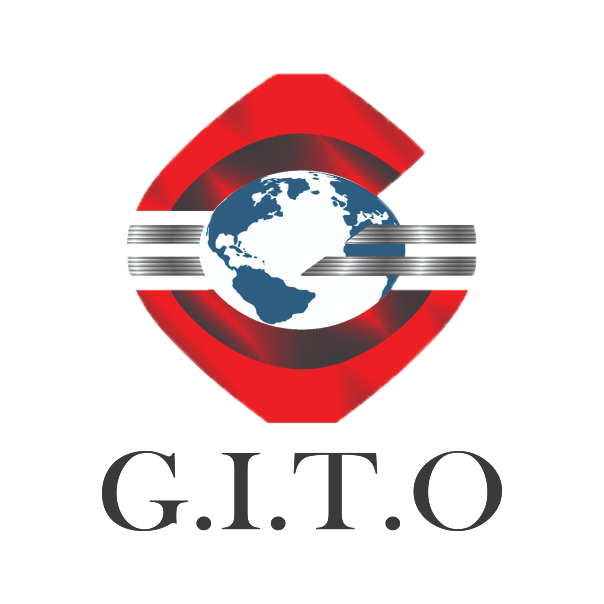Decentralized Autonomous Organizations (DAOs) have gained significant attention in recent years due to their innovative structure and potential to revolutionize traditional business models. These decentralized entities operate through smart contracts on blockchain networks, allowing for autonomous decision-making processes without the need for centralized control. As DAOs continue to grow in popularity, it is important to understand their impact on diversification and how they can reshape the way individuals and organizations approach investment strategies.
Diversification is a fundamental principle in finance that involves spreading investments across different assets to reduce risk and maximize returns. Traditionally, diversification has been achieved through the allocation of funds across various asset classes, industries, and geographic regions. However, the emergence of DAOs presents a new avenue for diversification by offering unique investment Voltprofit Max opportunities in decentralized projects and protocols.
One of the key advantages of participating in DAOs is the ability to gain exposure to a diverse range of assets and projects that may not be accessible through traditional investment avenues. By pooling funds with other participants in a DAO, individuals can collectively invest in a variety of decentralized projects, such as decentralized finance (DeFi) protocols, non-fungible tokens (NFTs), and blockchain-based applications. This allows for greater diversification within a single investment vehicle, reducing concentration risk and enhancing overall portfolio resilience.
Furthermore, DAOs facilitate greater transparency and accountability in investment decision-making processes, as all transactions and governance activities are recorded on the blockchain for public audit. This level of transparency can help to build trust among participants and ensure that investment decisions are made in the best interest of the DAO as a whole. Additionally, the decentralized nature of DAOs eliminates the need for intermediaries, reducing fees and streamlining the investment process for participants.
The rise of DAOs has also enabled greater participation and inclusivity in the investment landscape, allowing individuals from around the world to collaborate and invest in innovative projects without the limitations imposed by traditional financial systems. This democratization of investment opportunities has the potential to foster creativity and innovation in the decentralized space, as individuals are empowered to support projects that align with their values and beliefs.
However, as with any emerging technology, there are potential risks and challenges associated with investing in DAOs. The decentralized nature of DAOs can make them susceptible to security vulnerabilities and governance issues, as the absence of centralized control can lead to coordination problems and conflicts among participants. Additionally, the regulatory landscape surrounding DAOs is still evolving, and there may be legal uncertainties that could impact the viability of these entities in the future.
In conclusion, the impact of Decentralized Autonomous Organizations (DAOs) on diversification is significant and has the potential to reshape the way individuals and organizations approach investment strategies. By offering unique investment opportunities in decentralized projects and protocols, DAOs enable greater diversification, transparency, and inclusivity in the investment landscape. While there are risks and challenges associated with investing in DAOs, the benefits of diversification and innovation may outweigh these concerns in the long run. As the world continues to embrace blockchain technology and decentralized finance, the role of DAOs in driving diversification and decentralization will only continue to grow in importance.
